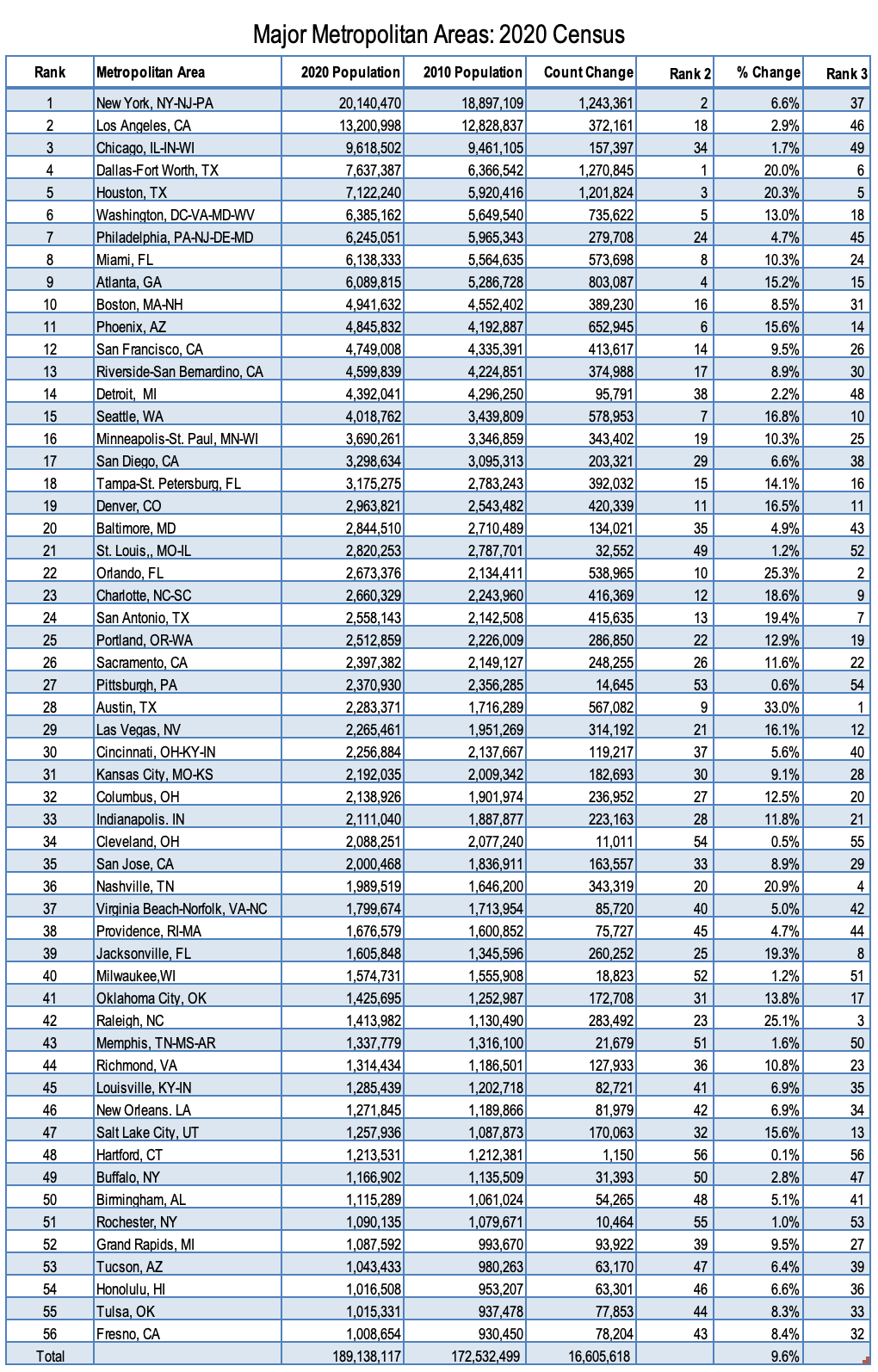Echoing concerns being raised around many world metros with the most important downtowns (central business districts), Toronto Star real state reporter Tess Kalinowski asks how long Toronto’s downtown will be a ghost town victim of the pandemic. Toronto has the largest and most important central business district in Canada, with nearly 500,000 workers, nearly the size of Chicago’s Loop. In North America, only Manhattan, itself having spent months as a ghost town, is larger than these.
The September 3 article quotes a styling salon owner on the depth of the problem. His salon is operating on a three-day week in the absence of clients from the offices above who are still working from home. He says that “The towers are empty. Businesses like mine, we rely on the towers,” he said during lunchtime amid a late August heat wave. “Clients aren’t going to commute from home.”
An office worker characterized the situation as “The new normal.”
The latest weekly occupancy survey found that only 8% of downtown workers were in the office, though that is an improvement from the low of 3%.
The Go Transit (Metrolinx) suburban rail system, almost completely dependent on travel to and from downtown’s Union Station, is operating at “20 to 30%” of pre-Covid levels. This even trails New York City, where the latest data shows ridership reductions of 55% to 65% on the suburban rail Long Island and Metro North systems.
Of course, downtown Toronto, along with Manhattan, Chicago’s Loop, downtown San Francisco, the Sydney and Melbourne CBDs and the many others, will not be ghost towns forever. The “downtown” experience for the post-college as yet non-parent set continues to be attractive even in some moribund cores, including Toronto (as the article indicates).
Toronto Mayor John Tory noted the challenge in a September 5 Toronto Star interview, “one of the areas that was hardest-hit and most hollowed out by the pandemic was the downtown core.” With respect to downtown workers, the Mayor added: “…25 to 30 per cent won’t necessarily be at the office every single day because they will follow a hybrid model.” With the already likely widespread adoption of the hybrid model, the “old normal” seems unlikely to return to the downtown ghost towns.
Wendell Cox is principal of Demographia, an international public policy firm located in the St. Louis metropolitan area. He is a founding senior fellow at the Urban Reform Institute, Houston, a Senior Fellow with the Frontier Centre for Public Policy in Winnipeg and a member of the Advisory Board of the Center for Demographics and Policy at Chapman University in Orange, California. He has served as a visiting professor at the Conservatoire National des Arts et Metiers in Paris. His principal interests are economics, poverty alleviation, demographics, urban policy and transport. He is co-author of the annual Demographia International Housing Affordability Survey and author of Demographia World Urban Areas.
Mayor Tom Bradley appointed him to three terms on the Los Angeles County Transportation Commission (1977-1985) and Speaker of the House Newt Gingrich appointed him to the Amtrak Reform Council, to complete the unexpired term of New Jersey Governor Christine Todd Whitman (1999-2002). He is author of War on the Dream: How Anti-Sprawl Policy Threatens the Quality of Life and Toward More Prosperous Cities: A Framing Essay on Urban Areas, Transport, Planning and the Dimensions of Sustainability.













